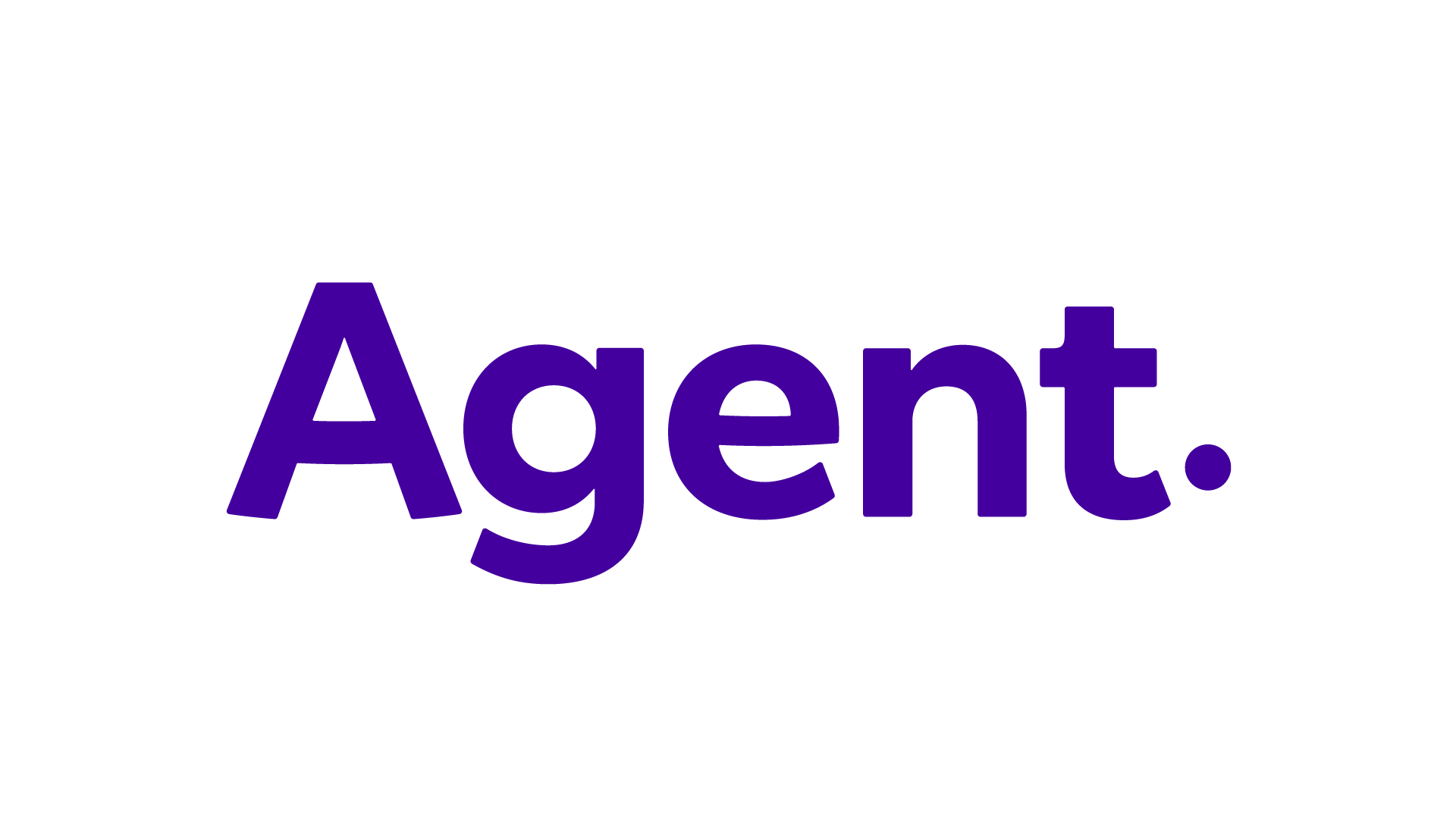At this year’s #IWDConnect event in celebration of International Women’s Day, we made a donation on behalf of everyone who attended, to Savera UK.

Savera is an incredible organisation, and we think more people need to know about what it does and just why its work is so important.
So, we spoke to the brilliant Afrah Qassim, Founder and CEO, about how Savera UK came to be, what her plans are for the future of the charity and how people can get involved.
How did Savera UK start? What was the catalyst that inspired it?
“It started as a result of the work of the Black and Racial Minorities (BRM) Communities and Domestic Violence Group, which I established when I was a Community Development Worker (CDW) with the Liverpool Primary Care Trust.
“The group commissioned a small research project to identify the issues and the impact of domestic abuse amongst ethnic minorities in the city. As the group worked to address the issue of domestic abuse across Liverpool, a school that was concerned about a group of young women at risk of forced marriage reached out to me in my CDW role.
“They wanted information, advice and support around culture and marriages. I acted as a mentor to the young women, talked to them about the issue and tried to locate local services that would be able to work with them, but none existed. I ended up supporting them myself, but it just revealed to me the huge need for a specialist service that focused specifically on addressing issues of domestic abuse and harmful cultural practices.
“With other colleagues, I began raising the issue and highlighting the need for support, but because there was no data to indicate that harmful practices like forced marriage, female genital mutilation (FGM) and ‘honour’-based abuse (HBA) was a problem here, people said there was no need for such a service. But I knew there was a need, from my professional work and also things that I saw personally, in my own culture.
“So, on 11th August 2010, Savera Liverpool was born. We chose the name ‘Savera’ because it means ‘new beginning’ in Hindi, which was so beautiful and symbolic of the work and support the charity was there to deliver. The early years of the charity were spent challenging professionals who believed harmful practices were not a problem within the city and highlighting these taboo issues among affected communities. We instigated the city’s first Forced Marriage Conference, helped to develop Forced Marriage and HBA protocols to support professionals when working with affected clients, and in 2009 we established the Forced Marriage and HBA Steering Group.
“We became a fully registered charity in 2012, but even until 2016 we operated within Merseyside on a completely voluntary basis. It was only our first major funding in 2016 that allowed us to expand our geographical reach and employ staff to reflect our national reach – that’s when we became Savera UK.”
What does Savera UK do on a day-to-day basis and who is involved?
“Savera UK operates in a number of ways. Firstly, we support those affected by harmful practices through our national helpline and one-to-one services, which are delivered by our HBA Specialist Support Workers. Our support service helps people at risk of or affected by harmful practices, by helping them to make and implement plans to leave their abusive environments when they are ready and it is safe to do so. We put support, such as accommodation, in place and help them with other challenges, such as immigration interviews, accessing education and avoiding isolation, through our regular drop-in activities. We also provide ongoing holistic and emotional support to survivors, for as long as they need us. We look after people who refer to us directly, but also work with local authorities, police and other voluntary and statutory services dealing with cases involving a risk of HBA or other harmful practices.
“We also work to educate and empower professionals through training on HBA and harmful practices and how to respond to such cases. We strongly advocate for the ‘One Chance Rule’ because in cases of harmful practices, there is usually only one chance to help the individual, prevent harm and even save a life, after a disclosure is made. Training for professionals is so important, because so many are not aware of the signs or specific risks around HBA and harmful practices, or how to respond to them.
“Finally, as well as dealing with the effects of harmful practices, we work to tackle the causes. Through our campaigning we challenge harmful attitudes, prejudice and practices and educate young people and the public through research, consultancy and training services. We established the Savera UK Youth programme in 2017 to encourage young people to speak out against harmful practices and educate their peers on the issues and their work – such as the recent #EndFGM exhibition at the International Slavery museum – is so powerful and inspirational.”
How does it work?
“The work we do as a team is very complex, but from the perspective of someone who needs to access our service, it is very simple. If you are a person at risk of HBA or any harmful cultural practices, we can help you, whatever your age, culture, sexuality or gender. You can contact us via our helpline, website or email and one of our specially trained support workers will listen to you and hear your concerns.
“Our team will help you make a plan of action and explain the various options that are available to you, highlighting the specialist services and agencies that will be able to help you. However, we will only take action with your consent because we fully understand the cultural sensitivities and the risks around speaking out. Everything you tell us is confidential unless we believe your life is in danger or you are at imminent risk of harm.
“In the Merseyside and Cheshire area we are also able to provide ongoing holistic and emotional support on a one-to-one basis and through group activities.”
Why are organisations like Savera UK needed?
“It’s very easy to put HBA and harmful practices in a group with more general domestic abuse and violence, but the approach to tackling it effectively and the challenges that can be faced when doing so are very different. We are needed because we have specialist skills, knowledge and understanding that can deliver the most positive outcomes for survivors of people at risk of harmful practices. We can offer advice and practical support to other agencies where they don’t have those specialist skills and knowledge.
“Domestic abuse and domestic violence organisations everywhere are overwhelmed right now, and it makes sense for those of us with specialisms to focus on those areas, to ensure we’re providing the best and most appropriate help and support to people.
“The feedback we receive from our clients supports our belief that specialist agencies like Savera UK are needed, like the below from one of our survivors.”
‘I feel lucky to have Savera UK. I have been to a number of agencies like police, health and even talking to a therapist, but in all this, I have never felt as understood as I have done speaking to you. Before coming to Savera UK, I always felt like I had to edit what I was saying, present my issue in a way that wouldn’t be dismissed as an ‘ethnic’ domestic squabble – like, oh that’s just something that happens in ‘their culture’. When I came to Savera UK, I really felt like I could just say what happened and you would hear me without judgement or implicit criticism.’
Do you have any examples of people who Savera UK has been able to support?
“We supported Samia after her family tried to force her into marriage at the age of 19. She had been engaged since the age of 11. When she tried to find help, she faced so many challenges. Because of her age, one organisation told her they couldn’t help because she was too old, another said they could only help her to get a Forced Marriage Protection Order, which meant her family could be arrested if they tried to make her marry. Samia didn’t want that.
“When she reached out to Savera UK, she told us she was expecting the worst, that we wouldn’t be able to help her, and when we said we could she was surprised. We listened to her talk about the consequences she feared if she left her family and answered her questions. Eventually we were able to help her to flee and find her a safe place to live. That was only part of Samia’s journey to her ‘new beginning’. After fleeing her family, she had to come to terms with independent living. She told us: ‘I was in a bubble most of my teenage years. I didn’t know what was going on in the outside world and when I left it was a culture shock.’
“We supported her practically and emotionally, from helping her to use public transport for the first time, to deciding what she wanted to do with her life. One of her earliest questions to us was: ‘Can you help me go back into education?’ as her family has stopped from attending school. It was a daunting time for her, but we provided her with information and experts to talk to.
“Samia is now safe, settled, independent, and studying at university. She said:
‘The emotional support that Savera UK offered me was important. When you’re in that situation you don’t have anyone to turn to, you’re vulnerable. You just need someone to listen to you who is understanding and caring and can be there for you. You don’t need someone to tell you what is right and what you need to do, just help to guide you into the decisions that you think are right for you, with their help and support. Savera UK was brilliant with that.’
You can see more survivor stories here.
What will the money that has been donated do for Savera UK? How will it help?
“We’re extremely grateful to Agent for their donation to Savera UK. As with all donations received, this will help us to continue our work supporting those in urgent need of help – survivors and people at risk of HBA and harmful practices, as well as helping us to deliver drop-in activities and projects that raise awareness and encourage and empower people to speak out.”
What are your plans for the Savera UK over the coming years?
“Our ambition right now is to be able to grow and expand into other areas, so we can help even more people, but our ultimate goal is to put ourselves out of business by eradicating all harmful practices for good.”
Finally, how can people support Savera UK?
“There are lots of ways you can support Savera UK – regular donations and individual and corporate fundraising is obviously incredibly important as the money allows us to keep our services running, but there are other ways to help, too.
“If you’re a professional organisation, you could commission training for your employees, to help them understand HBA and harmful practices better and learn how to tackle them. If you have specialist skills that you think could help the charity you can apply to join our Advisory Board or Board of Directors, we’re also currently recruiting for new members of our Savera UK Youth Advisory Board.
“Or you can just learn more about harmful practices by visiting our website and following us on social media – @SaveraUK on Twitter, Facebook and Instagram and our youth have an Instagram account too, @SaveraUKYouth.
“By learning, engaging and sharing what you discover, you can join our campaign to speak out against harmful practices and eradicate them for good.”
Find out more about getting involved, here.

